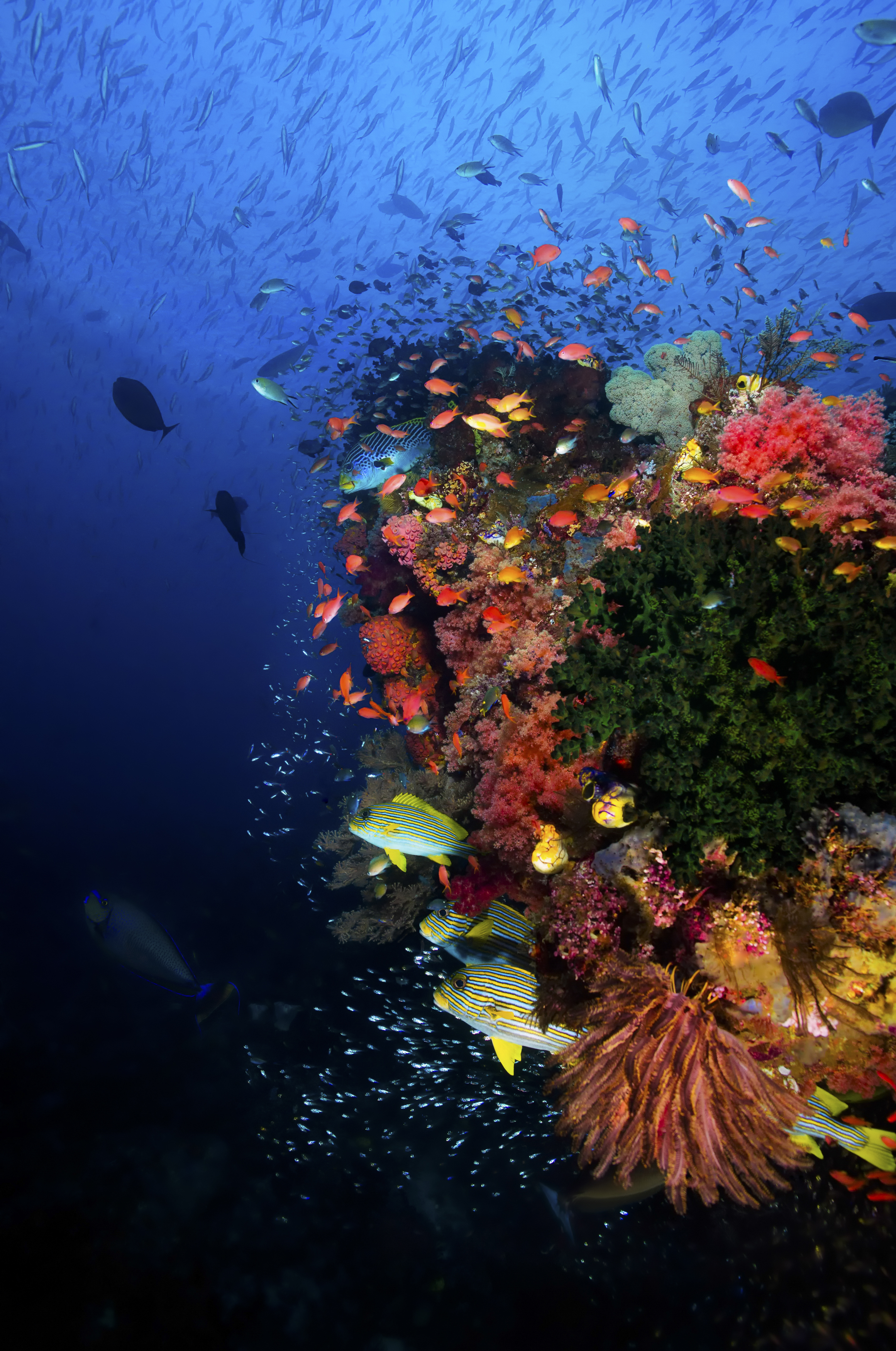Programme objectives
- To work collaboratively to review and improve post spill environmental monitoring and impact assessment practices.
- Maintain, review, improve and supplement the current Premiam guidance documents and databases.
- To provide a coordinating framework for the UK, so as to be able to support and promote best practice in science, co-ordination of post spill monitoring and impact assessment practices following marine spill incidents.
- To promote the generation of high quality evidence and guidance to responders, policy advisors and decision-makers.
- To share information across the government departments to provide consistency and expertise, to reduce costs to the public.
- To promote collaboration and discussion between the Premiam parties and wider stakeholders including industry representation and other non-government organisations.
- To provide a forum in which emergency response and preparedness evidence gaps can be identified, research needs considered and communicated to government and other stakeholders.
Results and their use
In addressing these objectives PREMIAM will introduce and co-ordinate a professional, efficient and fit for purpose post-incident monitoring and impact assessment mechanism. Through the production of expert guidelines, the maintenance of a national network of experts/service providers and the introduction of monitoring coordination processes the project will result in an approach that aims to ensure:
- Speed - Fast response in order to gain early impact information or baseline information concerning areas at threat
- Cost effectiveness
- Expertise identification and availability
- Use of appropriate techniques
- Use of best-practice and the ability to learn from previous responses
- Co-ordination and integration.
The programme is overseen by a steering group comprising representatives from all the main government stakeholders (including those with regulatory, response and conservation interests) which will ensure an integrated approach.

